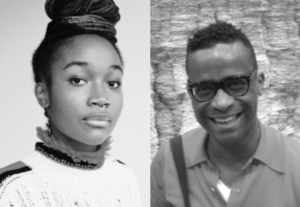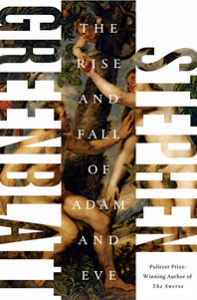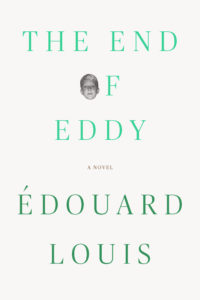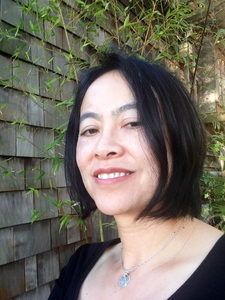
Kent Puckett, associate professor of English at the University of California, Berkeley, and member of the Representations editorial board, will speak at an upcoming event co-sponsored by the Institute on World War II and the Human experience and Fordham University Press. His lecture, “‘Splendid Propaganda’: Henry V at War,” will focus on Laurence Olivier’s 1944 film Henry V in the context of British cinematic style, wartime writing about Shakespeare, and the philosophy of propaganda and its effects on the British homefront.
The public lecture will take place on Thursday, November 9, from 6-8pm, at the Lowenstein 12th Floor Lounge (113 West 60th Street) in New York City.
Puckett’s most recent contribution to Representations was his edited “Search Forum,” which appeared in Representations 127 (Summer 2014). Read his introduction here.



 The Rise and Fall of Adam and Eve explores the enduring story of humanity’s first parents.
The Rise and Fall of Adam and Eve explores the enduring story of humanity’s first parents.
 Michael Lucey’s translation of
Michael Lucey’s translation of  Colleen Lye is an affiliated faculty member of the UC Berkeley’s Designated Emphasis in Critical Theory. She is on the boards of Representations, Inter-Asia Cultural Studies and Verge, a new journal on “Global Asias.” She has edited several special journal issues on financialization and the culture industry, peripheral realisms, forms of Asia, and the public university in crisis. One special issue she coedited with Chris Newfield collated activist writings from UC students involved in the 2009 movement against tuition hikes. Her current book-in-progress explores the post-70s crisis in world capitalism through the prism of the Asian American novel.
Colleen Lye is an affiliated faculty member of the UC Berkeley’s Designated Emphasis in Critical Theory. She is on the boards of Representations, Inter-Asia Cultural Studies and Verge, a new journal on “Global Asias.” She has edited several special journal issues on financialization and the culture industry, peripheral realisms, forms of Asia, and the public university in crisis. One special issue she coedited with Chris Newfield collated activist writings from UC students involved in the 2009 movement against tuition hikes. Her current book-in-progress explores the post-70s crisis in world capitalism through the prism of the Asian American novel.